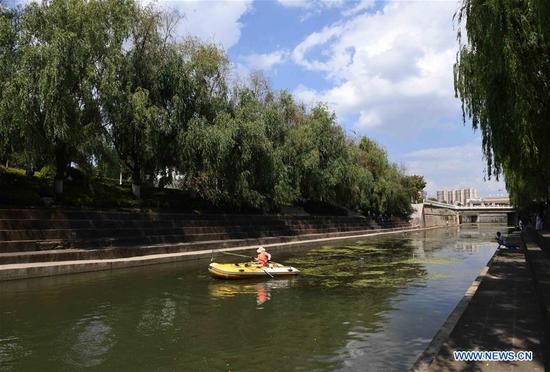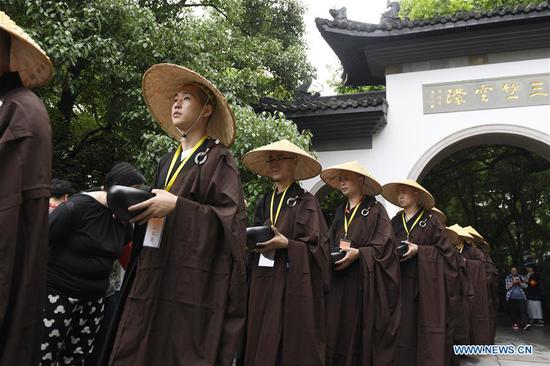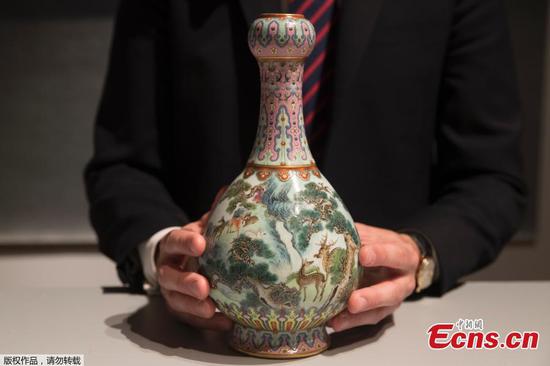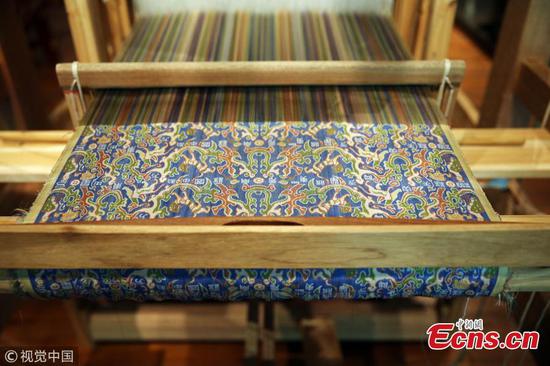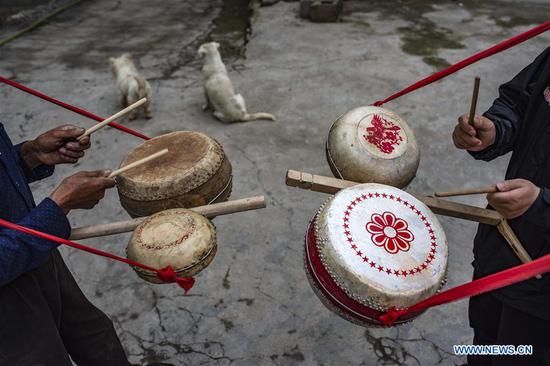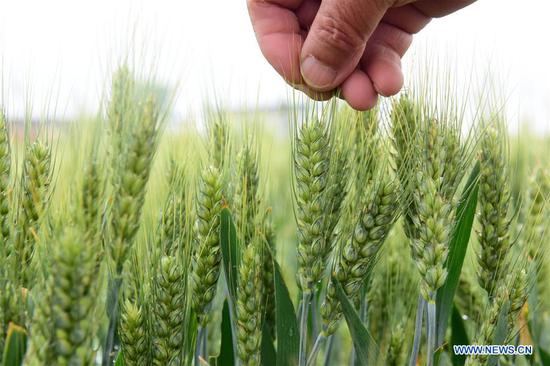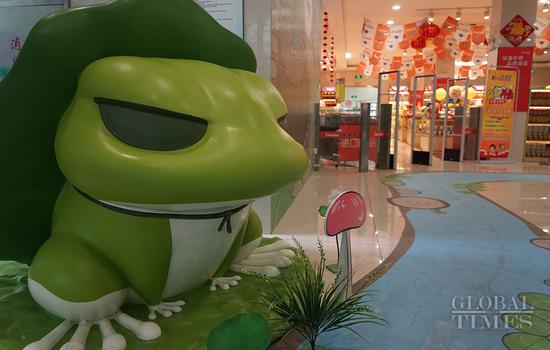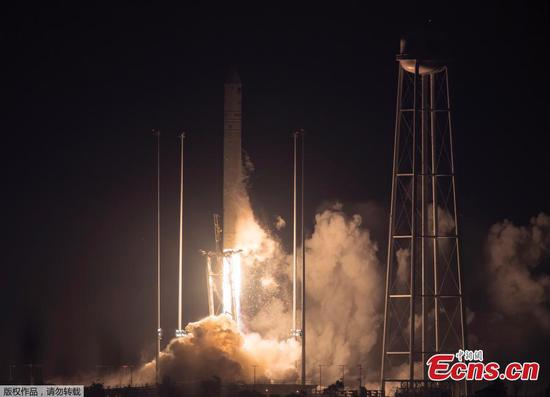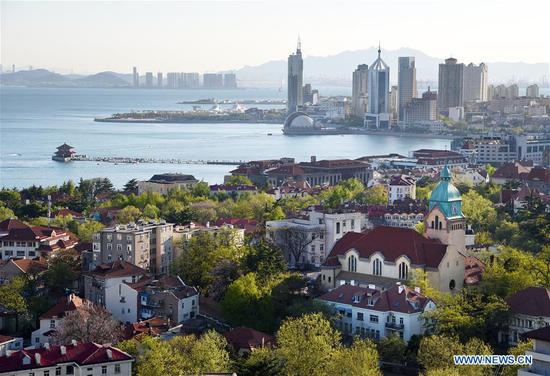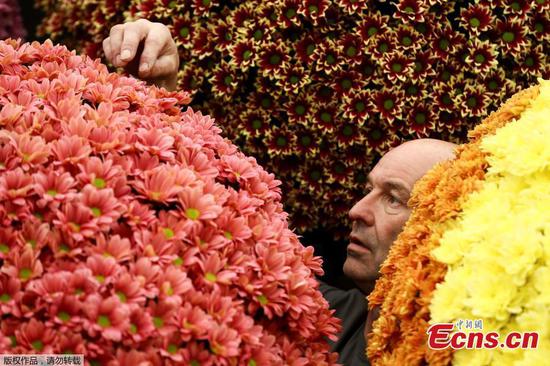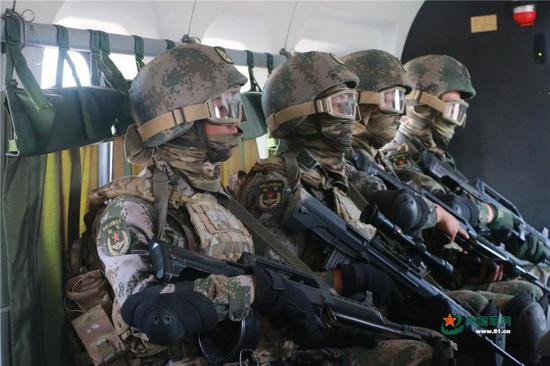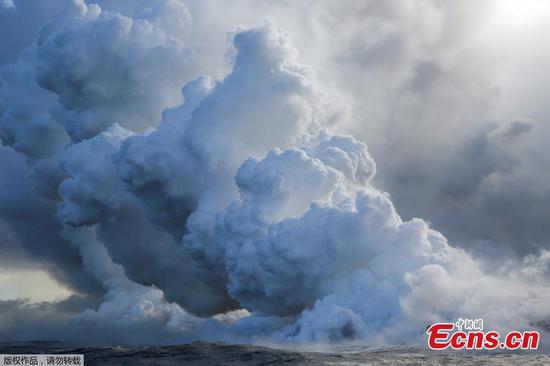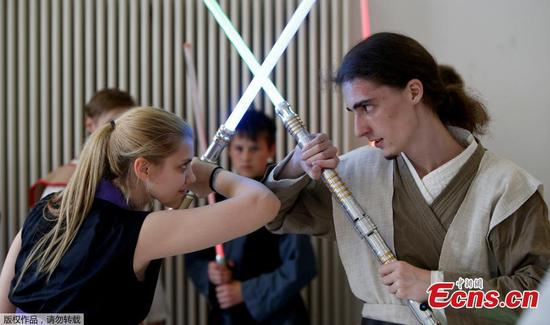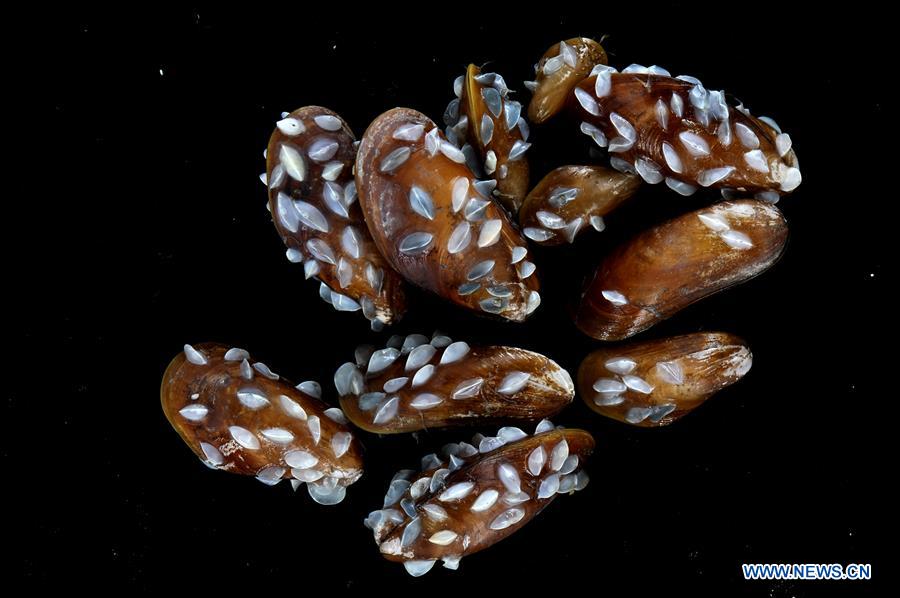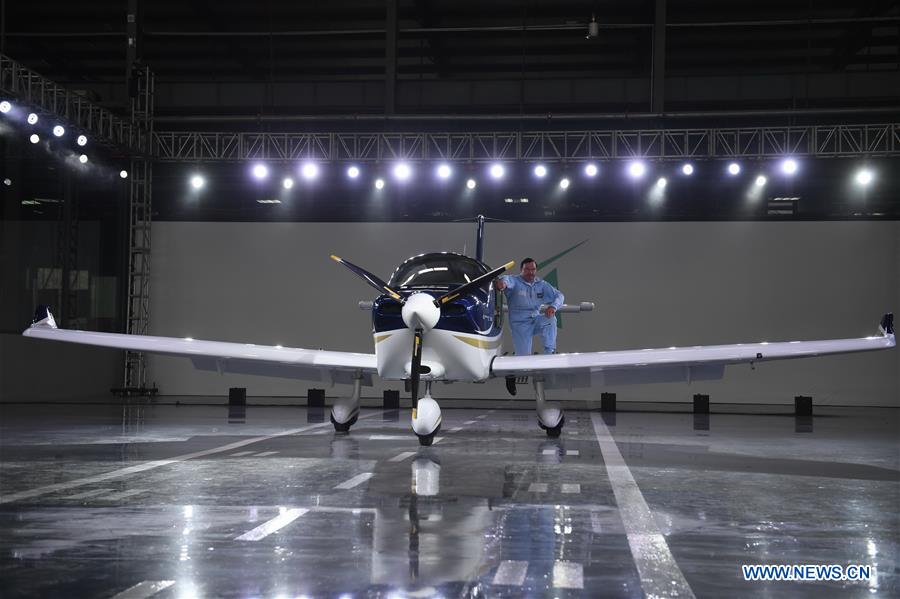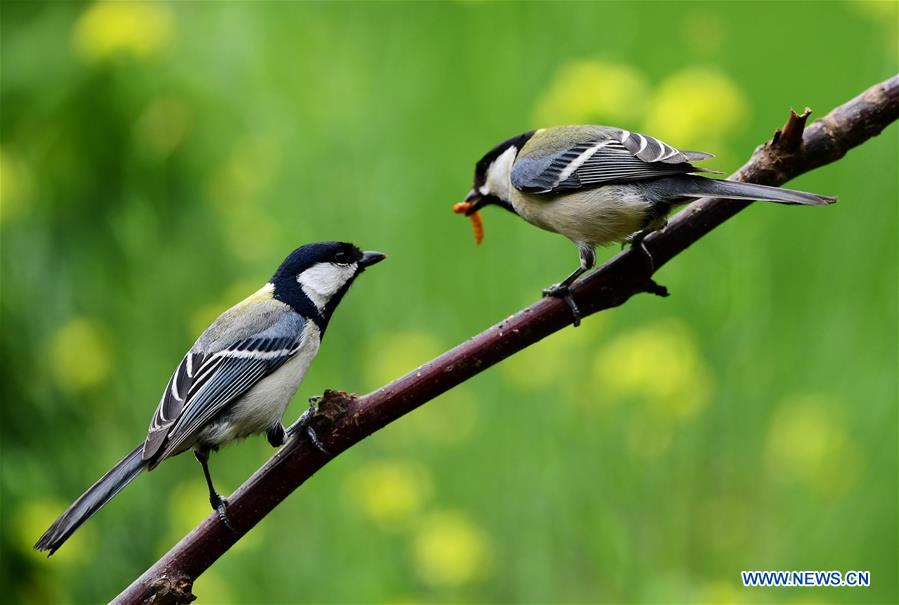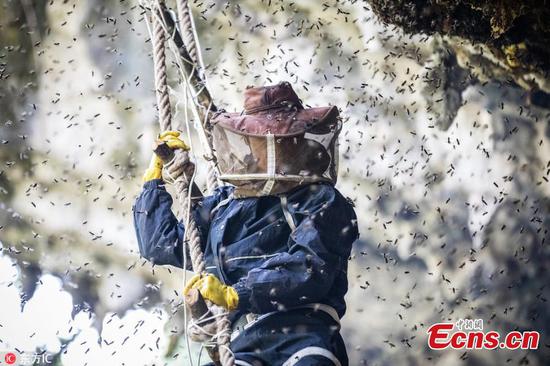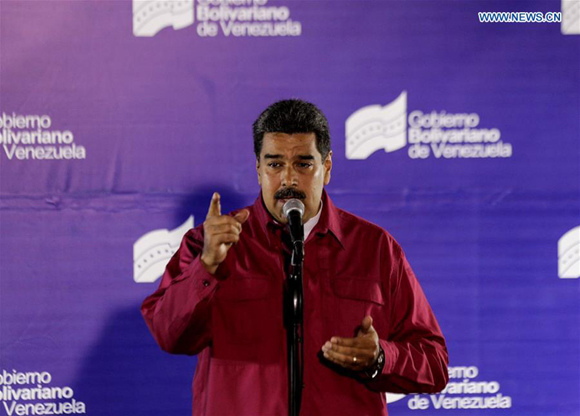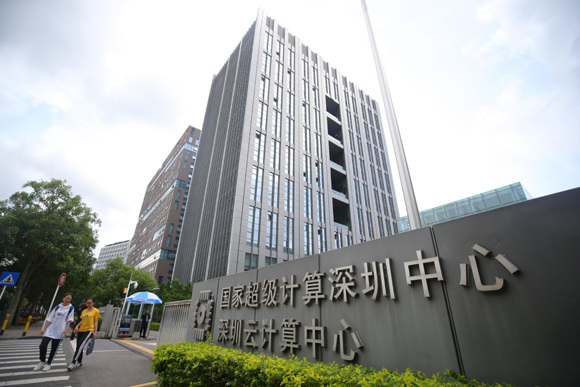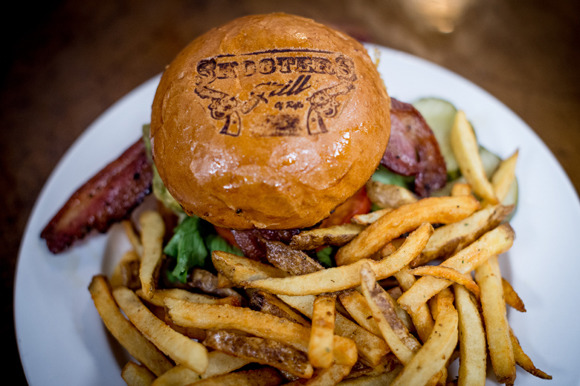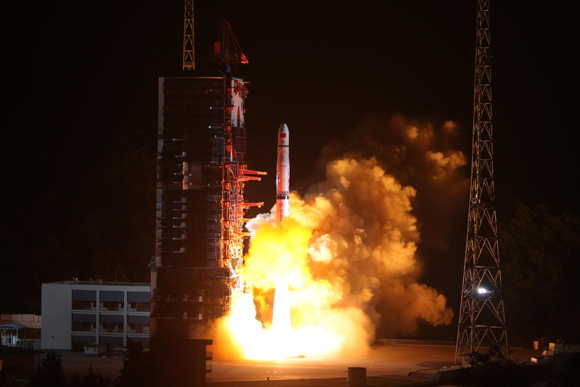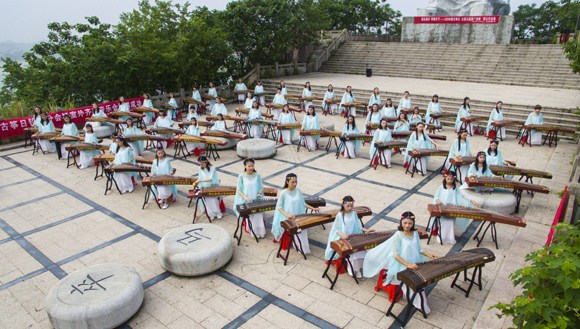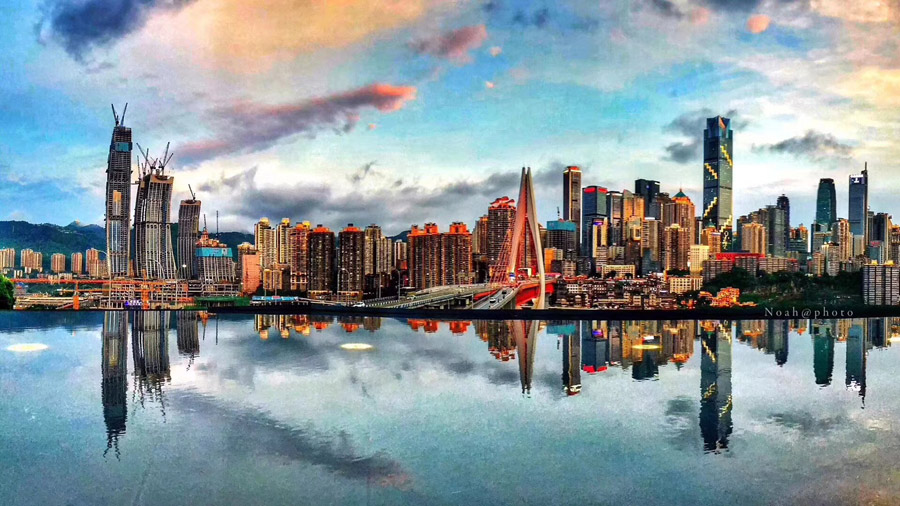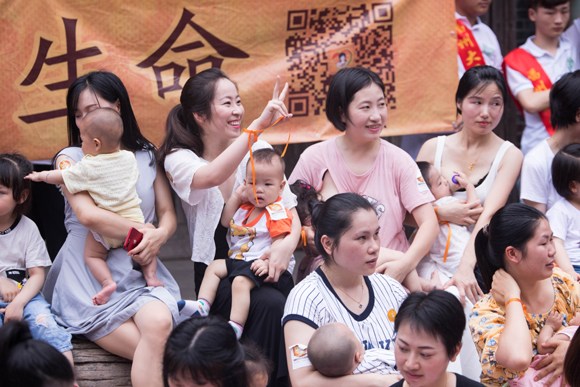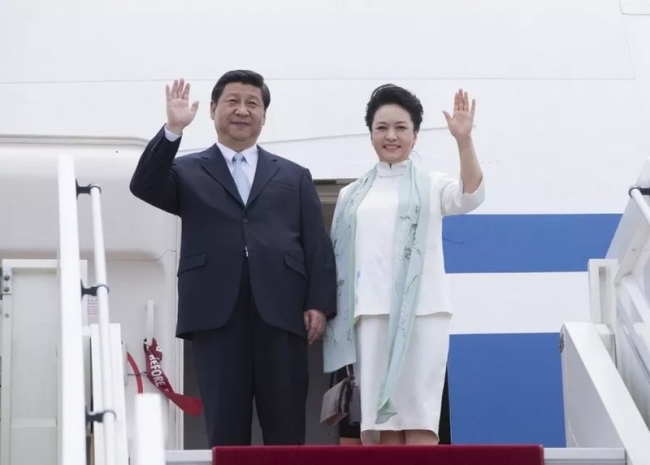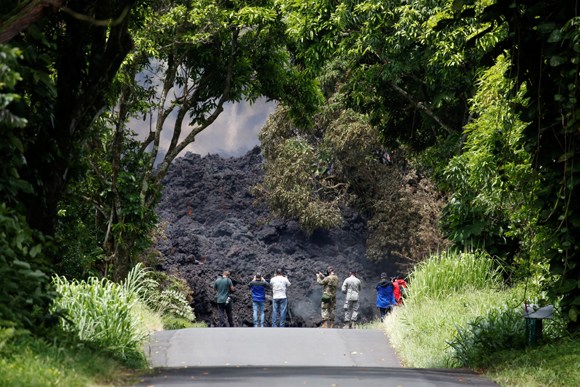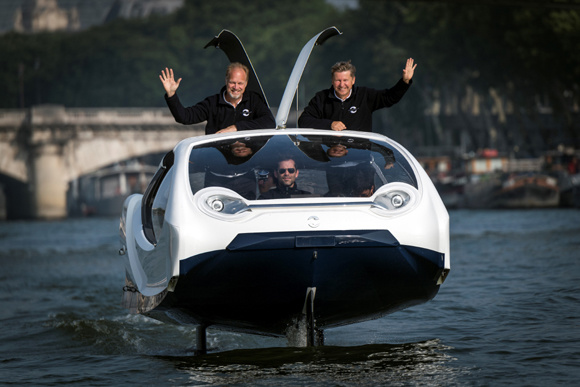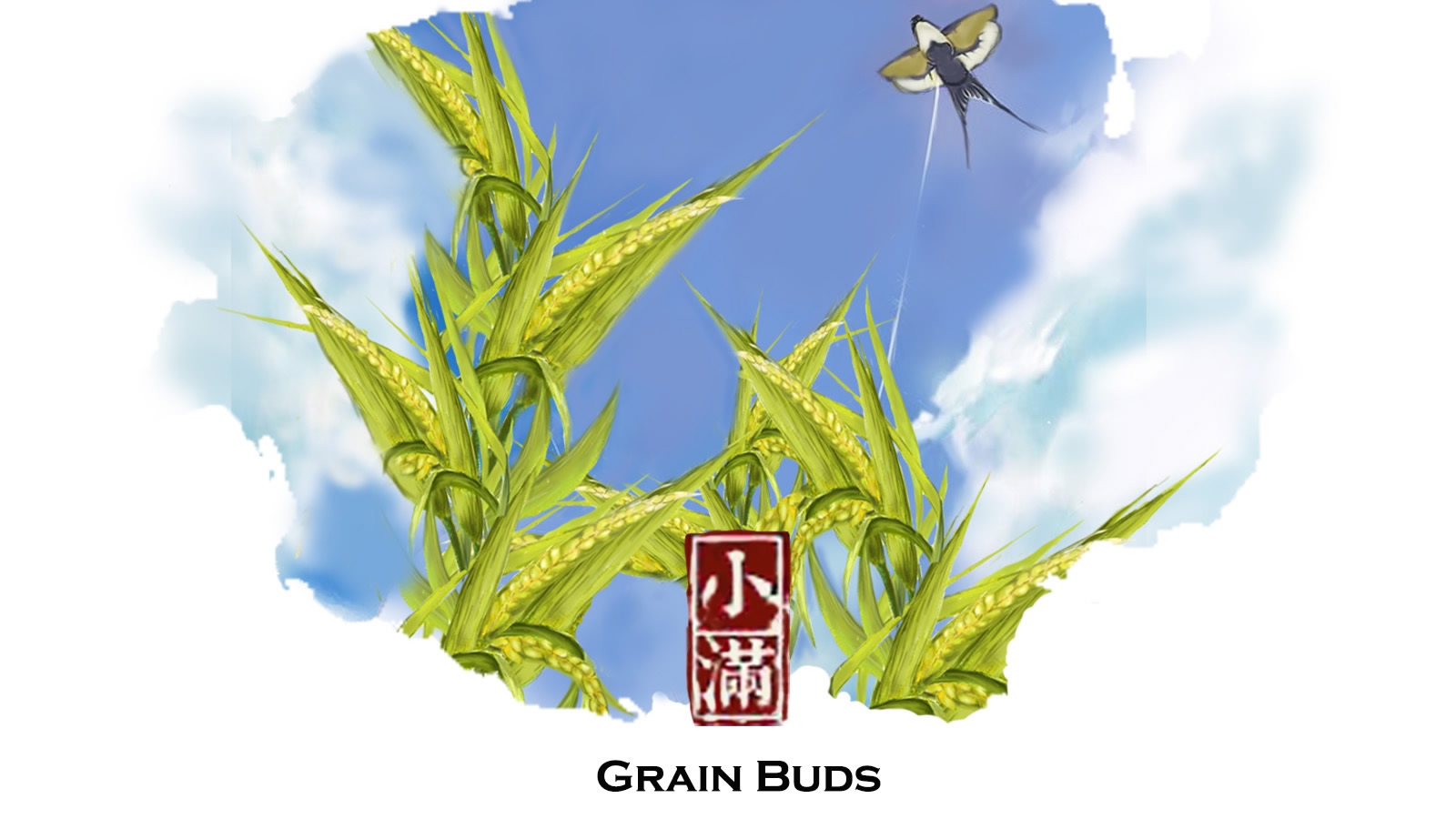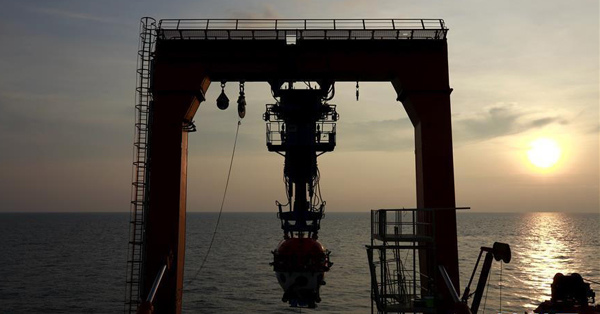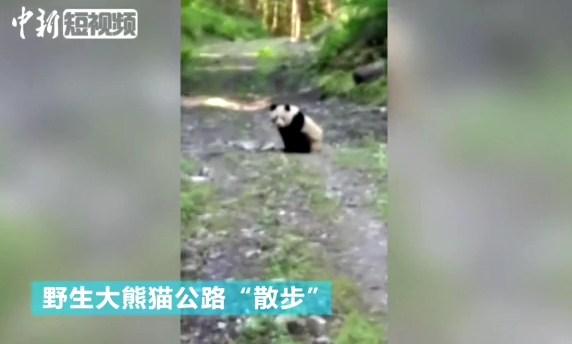Another common waste-smuggling method is misusing waste import permits. Typically, those with permission to import waste transfer their licenses to private factories that are ineligible to import the solid waste with compensation.
Smaller enterprises illegally importing scraps have little capacity to handle the waste properly to meet environmental standards. This type of "secondary sale" not only damages the environment, but also poses a serious threat to the health of the nation.
Sheng Min told the Global Times that private transactions are much less than before the ban. The police are deploying more resources and manpower to track down the original license-holder and using GPS to track the location of their containers.
But he suggests that this behavior has largely been contained especially since the ban was formally implemented. "Because most of the small factories without capacity to deal with the smuggled waste were shut down on a large scale, the market space is greatly compressed. There is little appetite anymore for them to break the law."
A sharp reduction in the number of license holders this year also contributed to the decline. On May 15, the Ministry of Ecology and Environment announced the approval of the new batch of waste import permits application, but only four waste plastics processing enterprises were issued a license.
China has issued 12 batches of solid waste import approvals this year, restricting the total amount of imported waste plastics to 55,462 tons, down 99 percent from the same period of last year.
Eco-friendly alternatives
As the crackdown on imported wastes intensifies, Chinese waste recyclers - whose main sources of supply are imported wastes - are undergoing a painful shift as they scramble to upgrade their business models.
Chen Qiyao, a recycler in Guiyu, South China's Guangdong Province, is worried about the lack of supply of raw materials. Previously processing imported e-waste, he now can recycle only domestic e-waste.
Guiyu was once the most notorious and largest e-waste disposal sites in the world. Hundreds of small businesses and workshops reduced imported machinery to their smallest components and then sold the parts to recyclers.
While this brought income to locals and migrant workers, it also resulted in major health issues, as the town often made international headlines for its toxic pollution from burning plastic and circuit boards.
Chen told jiemian.com that before 2013, imported e-waste entered Guiyu through a variety of channels, including ports in Shenzhen and Dalian. Some e-waste entered via Vietnam. But since 2016, it has been increasingly difficult for foreign waste to enter China.
Chen said that imported wastes are more profitable, as they are often of better quality than domestic waste.
This was echoed by Li He, owner of a recycling company in Guiyu, which dismantles over 10 tons of waste every day.
"If I could recycle imported waste, who would work on domestic waste? Among imported e-waste, you can sometimes find usable bits; some can even be sold as second-hand items. But domestic e-waste is real garbage," he told jiemian.com.
For many recyclers of imported waste, shifting their businesses to domestic waste has been difficult due to the lack of stable supplies and clients. "Recycling is a tough business, and recycling domestic waste is even harder," Peng Jianguo, a recycler, told jiemian.com.
Peng has been working in the recycling business in Guangdong since the 1970s. Last June, he and his son started to sort domestic plastic waste.
Peng said that most domestic wastes are secondary plastic rather than virgin materials. The efficiency of sorting and recycling secondary plastic is much lower than imported plastics.
In Shiqiao village, Suzhou, East China's Jiangsu Province, home to nearly 200 waste plastic recyclers, many former recyclers have closed their businesses and shifted to new and more technically demanding business models, including raising succulent plants.
Mao Hongbin, a former recycler, earned over 200,000 yuan (31,540) annually from his plastics factory, but he closed it after the village launched a campaign targeting workshops that did not meet environmental standards.
"On the one hand, competition has been fierce, and on the other hand, the environmental requirement on factories became higher. So I shifted to eco-friendly agriculture," Mao told Xinhua Daily.
Although Mao's greenhouse has yet to break even, he is confident about the future of an eco-friendly industry. The most expensive plant in his greenhouse, the haworthia (miniature aloes from Africa), can sell for 7,000 to 8,000 yuan on the market, as it takes four years to grow.
Among the 10 succulent planters currently in Shiqiao village, eight are former plastic waste recyclers. Some have reached a revenue of 500,000 each year.













